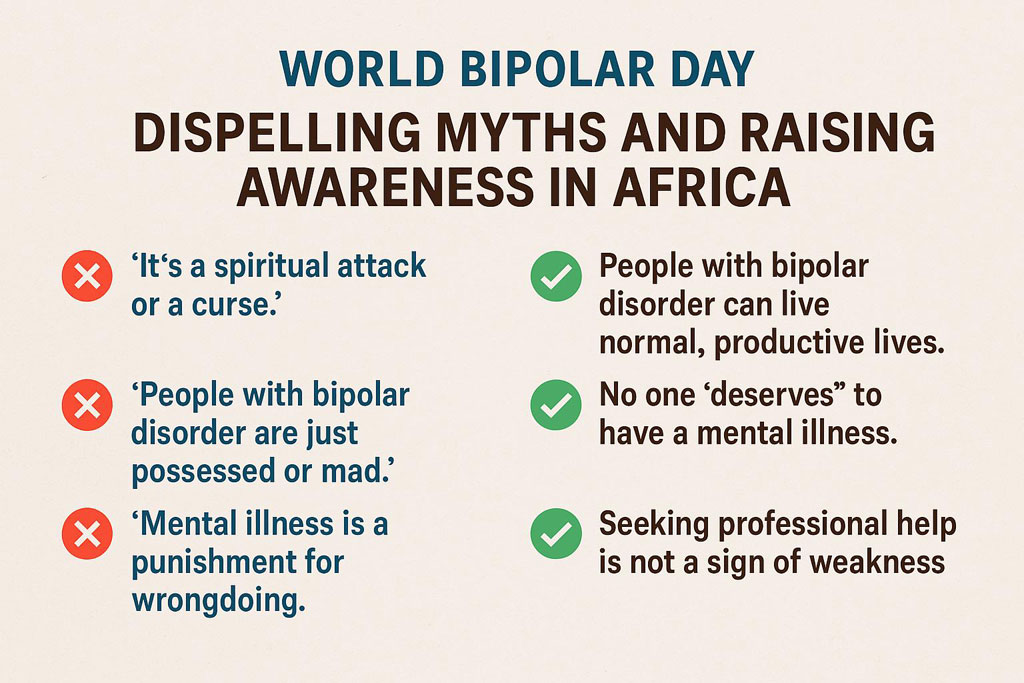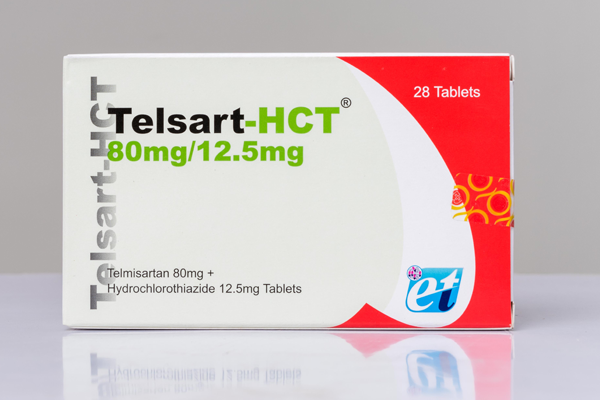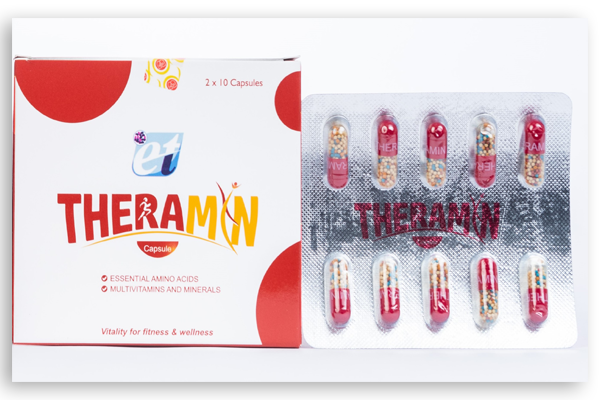Every year on March 30th, the world observes World Bipolar Day, a day dedicated to increasing awareness, education, and understanding of bipolar disorder. In many parts of the world, including Africa, mental health conditions like bipolar disorder are often misunderstood, misdiagnosed, or completely ignored due to cultural beliefs, stigma, and a lack of mental health awareness. For many Africans, mental illness is often attributed to spiritual attacks, curses, witchcraft, or demonic possession, rather than being recognized as a medical condition caused by chemical imbalances in the brain
This misconception prevents individuals from seeking proper treatment and leads them toward spiritual healers, traditional remedies, or isolation, rather than the professional psychiatric and psychological help they need.
Understanding Bipolar Disorder Beyond Superstition
Bipolar disorder is a mental health condition characterized by extreme mood swings, including episodes of mania (high energy, impulsive behavior, euphoria) and depression (sadness, hopelessness, fatigue, suicidal thoughts). These mood fluctuations are not caused by witchcraft, evil spirits, or supernatural forces, but rather by biological, genetic, and environmental factors.
Common Myths About Bipolar Disorder in Africa
🚫 Myth 1: “It’s a spiritual attack or a curse.”
✅ Truth: Bipolar disorder is a medical condition, just like diabetes or hypertension. It occurs due to an imbalance of brain chemicals and requires medical intervention, not exorcisms or spiritual cleansing.
🚫 Myth 2: “People with bipolar disorder are just possessed or mad.”
✅ Truth: People with bipolar disorder experience mood fluctuations, not madness. With the right treatment—medication, therapy, and lifestyle adjustments—they can live normal, productive lives.
🚫 Myth 3: “Mental illness is a punishment for wrongdoing.”
✅ Truth: No one “deserves” to have a mental illness. Bipolar disorder can affect anyone, regardless of their faith, background, or behavior.
🚫 Myth 4: “Talking about mental illness means you’re weak.”
✅ Truth: Seeking professional help for mental illness is an act of strength, not weakness. Just as we see a doctor for physical illness, we must consult a mental health professional for psychological disorders.
Why Awareness Is Crucial in Africa
In many African countries, mental health services are limited, with very few trained psychiatrists, psychologists, or support systems. Many people suffer silently due to fear of being labeled “crazy” or ostracized by their communities. This lack of awareness leads to social isolation, job loss, and even suicide in severe cases.
To change this narrative, we must:
✅ Educate communities about mental health as a medical issue, not a spiritual one.
✅ Encourage governments to invest in mental health services.
✅ Advocate for policies that protect the rights of individuals with mental health conditions.
✅ Support individuals with bipolar disorder instead of isolating them.
Breaking the Cycle of Stigma
It’s time to move past outdated beliefs and accept that bipolar disorder is a medical condition that can be treated with proper medical care, therapy, and community support. Churches, mosques, and traditional leaders also play a key role in shifting the narrative by promoting understanding, not fear.
How You Can Help
- Talk about it: Start conversations about mental health in your family and community.
- Educate yourself: Read about bipolar disorder from reliable sources.
- Encourage professional help: Help affected individuals seek medical care instead of spiritual remedies alone.
- Offer support, not judgment: A kind word and an open mind can change someone’s life.
Final Thoughts
Bipolar disorder is not a curse, a punishment, or a spiritual attack. It is a treatable condition, and with the right awareness, support, and medical care, people with bipolar disorder can lead fulfilling lives.
This World Bipolar Day, let’s commit to breaking the stigma, educating our communities, and ensuring that no one suffers in silence.













